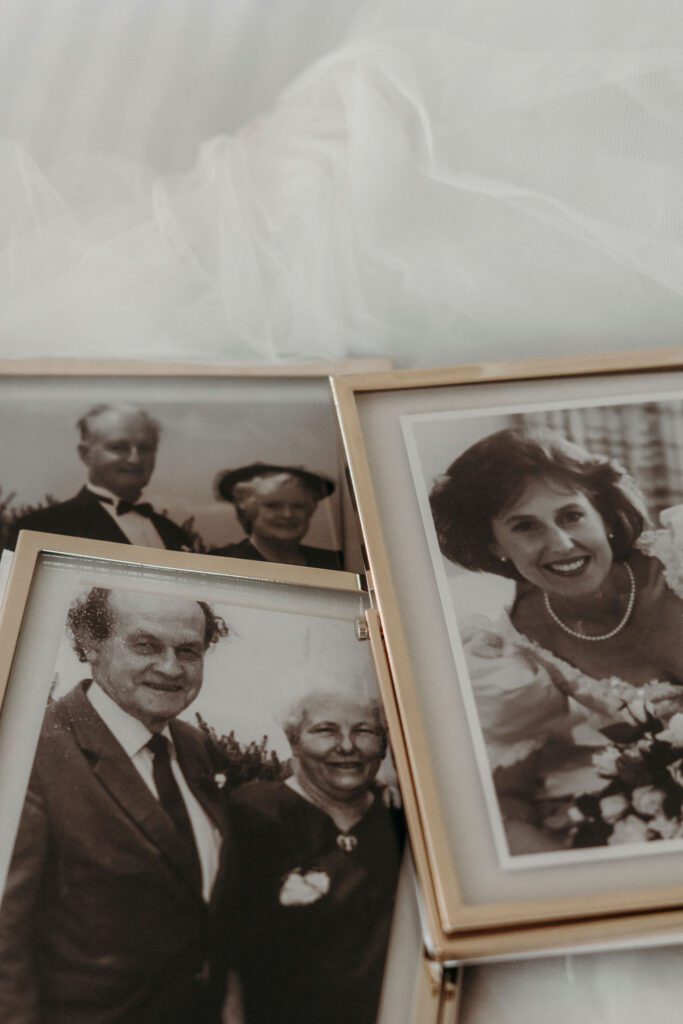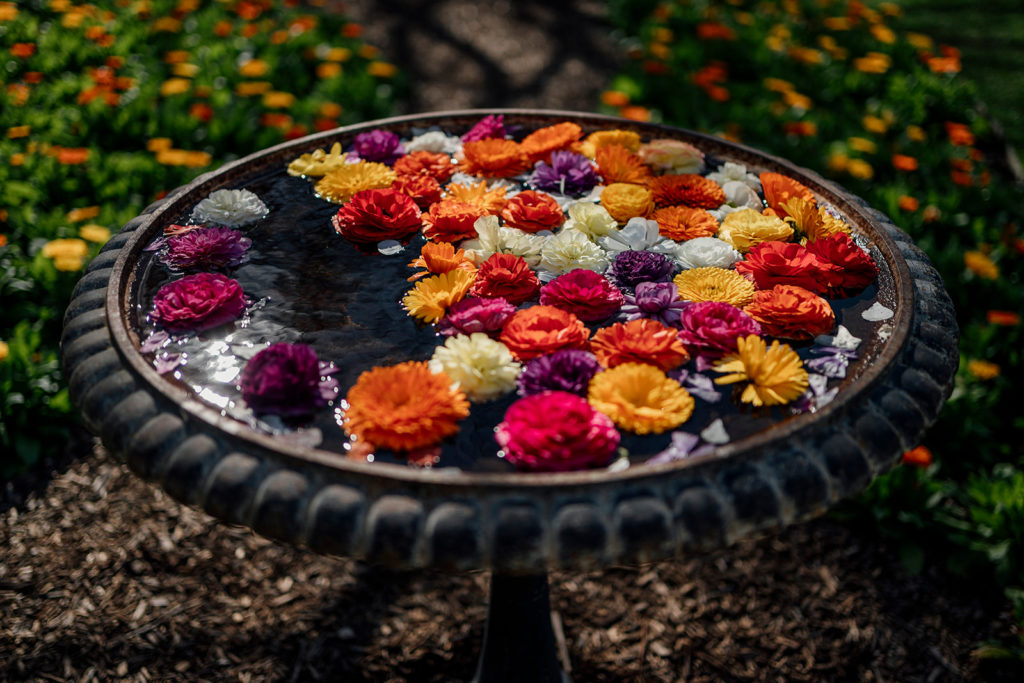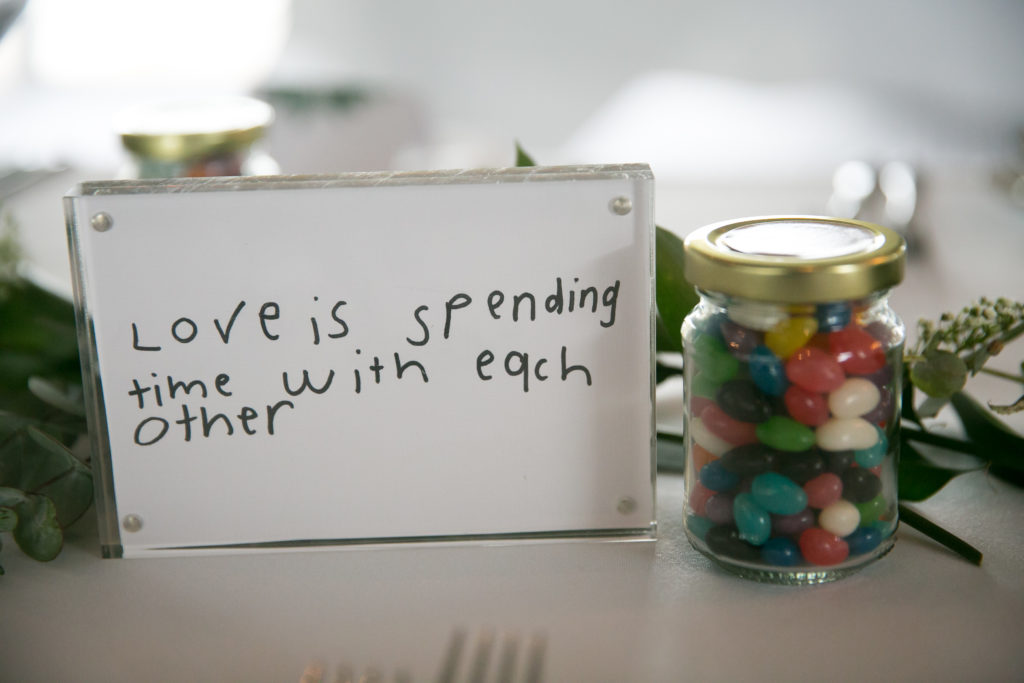Navigating Mother’s Day when you are Grieving: A Day of Mixed Emotions
Filed under:

Mother’s Day, a day meant to celebrate and honour mothers, can be a difficult and painful experience for many individuals. For those who have lost their mothers, the day serves as a stark reminder of their absence and the void left behind. Even for those who had complicated relationships with their mothers, Mother’s Day can evoke a range of conflicting emotions. I want to delve into the complex feelings that arise when your mother is no longer present and offer tips on how to navigate Mother’s Day when you are grieving.

1. Remembering the Empty Chair
When your mother is no longer alive, there are countless moments when her absence becomes deeply felt. Mother’s Day amplifies this sense of loss, leaving you with a profound feeling of isolation. The lead-up to the day can be especially painful as media and commercialisation heighten the focus on mother-child relationships.
2. The Devastating Loss
Mothers are often the ultimate cheerleaders, supporting and protecting us unconditionally. The death of a mother is akin to an earthquake, shaking the very foundation of one’s being. The spectrum of grief ranges from mildly painful to brutally overwhelming, as the nurturing energy that was once present is now gone. The longing and yearning for her love and presence can be primal and intense.
3. When the Relationship Was Complicated
Mothers, like all human beings, are not perfect, and some individuals may have had complex or strained relationships with their mothers. However, even in these cases, the loss is still deeply felt. Grieving the idealized mother we may have wished for in this lifetime is a valid experience. Disenfranchised grief, which is often judged or minimized, adds another layer of complexity to the grieving process.
4. Unique Grief Journeys
Grief is a deeply personal experience, and the loss of a mother can affect individuals differently within a family. Siblings may have contrasting experiences, as each relationship is unique and shaped by personal dynamics. It is essential to recognize and respect each person’s grief journey, allowing space for individual healing and understanding.
5. The Duration of Grief
Grief has no set timeline, and the process varies from person to person. The pain of loss may never completely disappear, but over time, it can transform into a bittersweet remembrance filled with love. Each individual’s healing journey unfolds in its own time and manner, and no one else can dictate how it should look or when it should be completed.

Tips for Navigating Mother’s Day when You Are Grieving
Letting the Day Be
Avoid placing expectations on yourself regarding how you should feel on Mother’s Day. Allow the day to unfold naturally and accept the mix of emotions that arise.
Honouring Memories
Find ways to connect with your mother’s memory and express gratitude and love. It could be visiting her favourite place or doing something she would have enjoyed.
Respecting Your Boundaries
Be prepared to cancel plans if you don’t feel up to them at the last minute. It’s okay to prioritise your emotional well-being and give yourself the space you need.
Setting Clear Boundaries
If you receive invitations or requests you’re not comfortable with, remember that “No, thank you” is a complete sentence. You don’t owe anyone an explanation.
Prioritising Your Grief
If you have children who want to celebrate Mother’s Day with you, ensure you attend to your own grief first. Communicate your needs honestly and openly, allowing yourself the space to process your emotions.
Seeking Support when Navigating Mother’s Day when you are Grieving
Grieving in isolation can be incredibly challenging. Reach out to friends, support groups, or therapists who can provide understanding and comfort during this time.

In conclusion, navigating Mother’s Day when you are grieving without your mother can be a deeply emotional and challenging experience. It is crucial to recognise the profound impact her absence has on your life and acknowledge the part of you that feels like it died with her. However, amidst the pain and grief, it is essential to remember that a part of your mother will forever live on within you. Her love, wisdom, and nurturing spirit continue to shape who you are, even in her physical absence. As you honour her memory on this day, hold onto the cherished moments and the invaluable lessons she imparted, knowing that her legacy lives through you. May you find solace and strength in the enduring bond you share, and may the memories of your mother provide comfort as you navigate Mother’s Day and beyond.
If you found this blog helpful, you may also find inspiration in other blogs I’ve written on the topics of death, dying, and funerals. Exploring these related articles can provide further insights and support as you navigate through the complexities of grief. Remember, you are not alone, and seeking additional resources can offer comfort and guidance on your healing journey.
I’m a funeral celebrant based in Newcastle and the Hunter Valley. I’m all about creating special, unforgettable funerals that do justice to the lives we’ve cherished. For more information, check out the types of funeral services I’ve got going on.
| |||||||||||||||||||||||